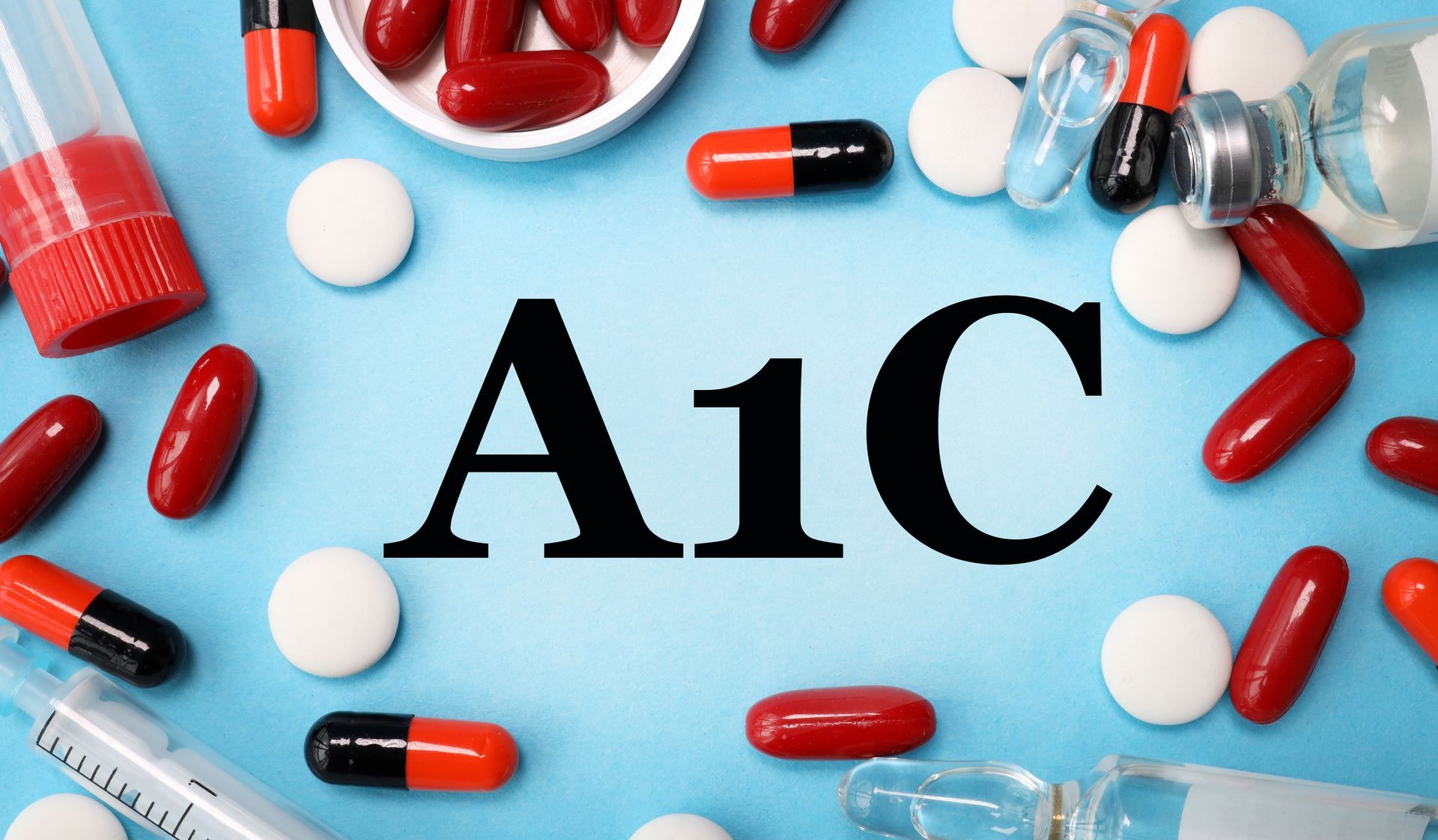Recent Posts
What Dentists Look for in Your Teeth That May Signal Diabetes or Vitamin Deficiency

When you visit the dentist for a routine checkup, you’re probably expecting them to look for cavities, gum disease and maybe talk about flossing. But did you know your dentist might also be the first to spot signs of a serious medical issue, like diabetes or a vitamin deficiency?
Your mouth offers a surprising amount of insight into your overall health. Dentists are trained to recognize subtle changes in your teeth, gums and tongue that can signal deeper problems going on in your body. In fact, many people first learn they have an underlying health issue after a visit to the dentist.
At St. Hope Healthcare, we take a comprehensive approach to health, offering both dental and primary care services. That’s because we know your oral health and systemic health are deeply connected and your mouth may be telling us more than you think.
Your Mouth: A Window Into Your Health
The soft tissues of the mouth, including your gums, tongue and the inside of your cheeks, are among the first places that certain nutrient deficiencies or chronic conditions will show symptoms. That’s why a thorough dental exam goes beyond just your teeth.
Dentists are trained to examine oral tissues for color, texture and inflammation, key indicators of your body’s internal balance.
What Dentists May Spot That Signals Diabetes
1. Gum Disease (Periodontitis):
One of the most telling signs of diabetes is gum inflammation. People with uncontrolled diabetes are more prone to infections, including periodontal disease. Dentists may notice:
- Swollen, bleeding gums
- Loose teeth
- Receding gums
These symptoms can indicate that high blood sugar levels are damaging blood vessels in the gums and making it harder for the body to fight off bacteria.
2. Dry Mouth (Xerostomia):
Many people with diabetes experience dry mouth due to reduced saliva production. Dentists may ask if your mouth feels sticky or dry and check for:
- Cracked lips
- Sores in the mouth
- Redness or inflammation
Many people assume dry mouth just causes discomfort and bad breath. But it can actually have oral health consequences, including an increased risk of gum disease, tooth decay and some mouth infections.
3. Oral Thrush (Fungal Infection):
Because diabetes can suppress immune function, dentists sometimes spot frequent yeast infections in the mouth (also called thrush). This may appear as white patches on the tongue or inner cheeks, sometimes accompanied by a burning sensation.
4. Slow Healing Sores:
If you have ulcers or wounds in the mouth that don’t seem to heal normally, this can also point to elevated blood sugar levels interfering with your immune response.
In some cases, these oral symptoms may prompt the dentist to refer a patient for a blood sugar test, potentially leading to a diabetes diagnosis.
Oral Clues That Point to Vitamin Deficiencies
1. Pale or Swollen Tongue
A smooth, swollen or pale tongue can indicate a vitamin B12 deficiency or iron deficiency anemia. B12 is essential for red blood cell production and nervous system function, while iron is needed to carry oxygen throughout the body. Dentists might spot this during a routine exam and ask about fatigue, dizziness or other symptoms.
2. Cracks in the Corners of the Mouth (Angular Cheilitis):
Persistent cracks or sores in the corners of the mouth are often a sign of riboflavin (B2) or iron deficiency. While they can sometimes be caused by environmental factors, ongoing irritation often points to a nutritional issue.
3. Bleeding Gums Without Plaque Buildup
Bleeding gums are common in gum disease, but when they appear without significant plaque or tartar, it could be a sign of vitamin C deficiency (scurvy). Though rare in developed countries, scurvy still occurs in people with very restricted diets.
4. Burning Mouth Syndrome
A burning or tingling sensation in the mouth, especially the tongue, can be linked to vitamin B12, B6 or folate deficiencies. Dentists may investigate further if no clear dental cause is present.
5. Delayed Healing or Frequent Infections
If your mouth seems unusually prone to irritation, ulcers or infections that take a long time to heal, this could suggest a lack of key nutrients needed for immune function and tissue repair.
Why Early Detection Matters
Catching signs of diabetes or nutritional deficiencies early can make a huge difference in your overall health. Many of these conditions are manageable or even reversible when addressed quickly, but they can cause serious complications if ignored.
That’s why regular dental visits are more than just cosmetic or preventive. They’re a vital part of your healthcare routine.
Take Charge of Your Dental Health in Houston
If it’s been a while since your last dental visit, or if you’re experiencing new and persistent mouth issues, now is the time to get checked out. Your oral health may be telling you something important.
Call us at (713) 778-1300 or contact us here at St. Hope Healthcare today to schedule your dental and medical checkups. We’ll make sure your smile and your body are healthy, strong and well cared for.









